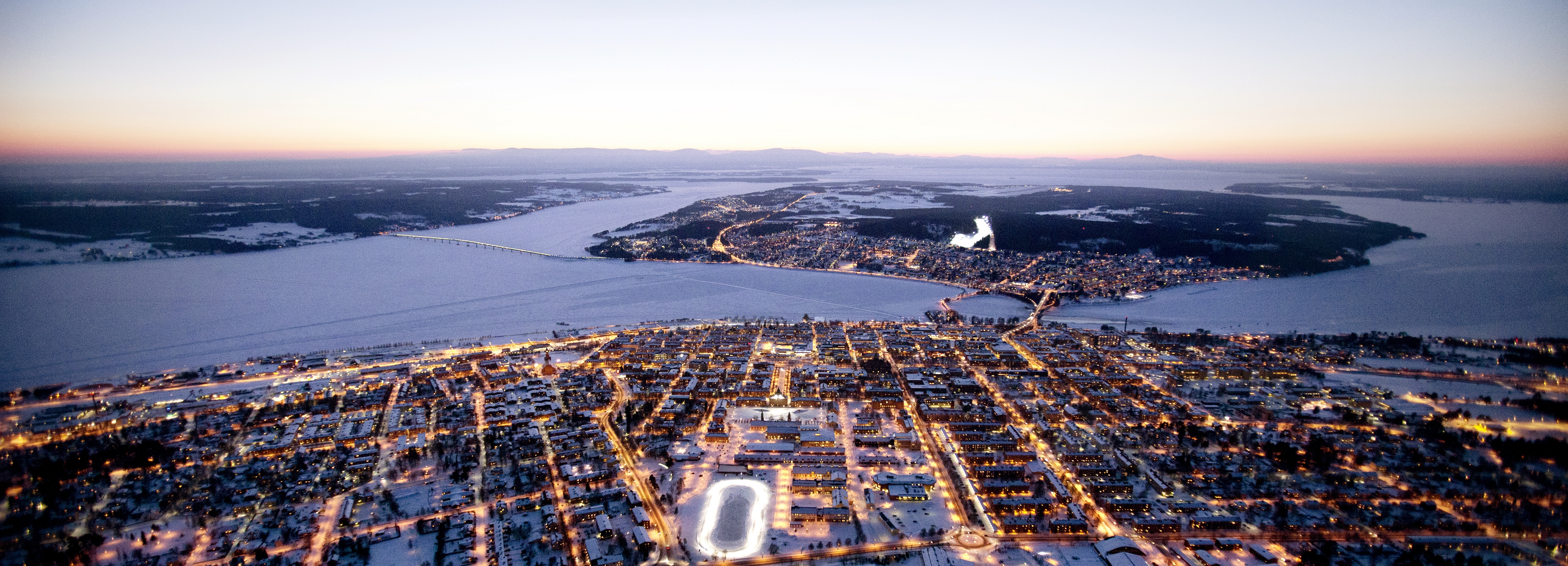
Organizational learning and change during the "Blue Skies" Passed
Thursday September 23, 2021 11:00 - 12:10 F
Workshop leaders: Femke Mulder, PAOLO CAVALIERE
Presenters: Clara Decerbo, Fabio Carnelli, Lene Sandberg, Sofia Karlsson
- Emergency Response Organization Resilience: Identifying Factors for Success, Clara Decerbo
- Coordinating internal crisis management in the event of a serious incident - Strategic level in higher education institutions, Lene Sandberg
- Learning by doing and reflecting – the learning process of Swedish exercise organizers, Sofia Karlsson, Britt-Inger Saveman, Magnus Hultin, Annika Eklund, Lina Gyllencreutz
- Enhancing risk governance by addressing key risk communication barriers during the prevention and preparedness phase in South Tyrol (Italy), Fabio Carnelli, Lydia Pedoth
Panel description
The challenges posed by disasters can be an impetus for organizational change. Organizational change has been defined as a process during which organizations move from a state to another to increase their performance (Jones, 2013) and sometimes this passage can be planned or unplanned. Disasters can uncover organizational needs that require improvement. Organizations might take advantage of these “blue skies” to apply lessons learned and, in order to boost their adaptive capacity, they may update their organizational processes, internal structure, supply chains and other external networks. Furthermore, they may engage in reflection and foster organizational learning in order to better prepare, respond and cope with future hazards, which may be different or more complex.
Below are examples of the types of questions this panel aims to explore:
- How do organizations integrate lessons from previous disasters during the blue skies?
- How do they increase their adaptive capacity to new threats and emergencies?
- How do they re-arrange or improve their organizational structures?
- How do they reconfigure their infrastructure?
- Do they integrate new forms of technology in order to improve their ability to respond?
- What role does organizational storytelling play in boosting resilience during the blue skies?
- How do organizations ensure that their networks and supply chains become more resilient?
- How effective is the creation of disaster partnerships and alliances in boosting adaptive capacity?
- How is crisis knowledge managed in between disasters and how does this affect resilience?
- How effective are different forms of training in boosting preparedness? Is there a difference between perception and actuality?
For this panel we invite submissions that analyze how organizations learn and change during quiet times in an interdisciplinary fashion; the aim is to gather empirical and theoretical works from a broad range of disciplines that include, but are not limited to: Organizational Sciences, Disaster Management, Crisis Management, Humanitarian Studies, Information and Data Management, Facilities Management, Engineering, International Relations, Military / Defense, Police / Security, Water Management, Geology, Public Policy and Public Administration, Political Science, Sociology, Anthropology, Leadership Studies, etc.
Reference:
Jones, G. R. (2013). Organizational theory, design, and change. Upper Saddle River, NJ: Pearson.
Related products
Lecturers
Femke Mulder Workshop leader
Researcher Disaster and Humanitarian Knowledge Management
Anglia Ruskin University
PAOLO CAVALIERE Workshop leader
Dr.
Researcher
Clara Decerbo Presenter
Providence Emergency Management Agency
Fabio Carnelli Presenter
Post-doc researcher
Eurac Research
Lene Sandberg Presenter
Associate Professor
University College Copenhagen
Sofia Karlsson Presenter
Department of Surgical and Perioperative Sciences, Umeå University